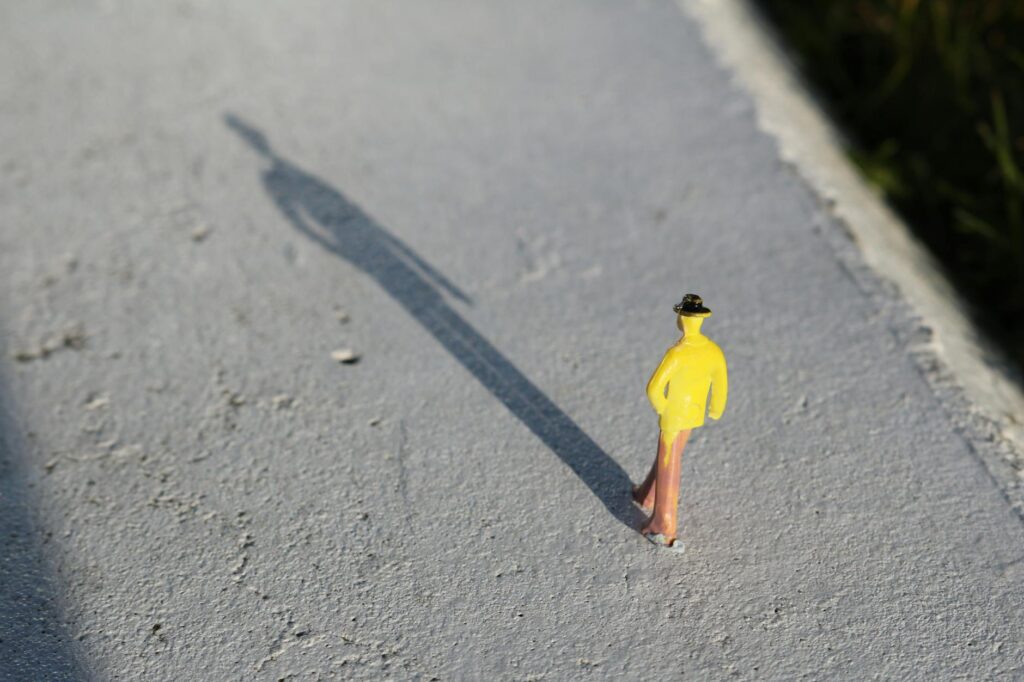How a Weird Little Elf Called Labubu Made Pop Mart Bigger Than Mattel
Okay, hear me out. In the toy world—where Barbies and Transformers used to rule—there’s this Beijing company you’ve probably never heard of that’s now worth more than Mattel and Hasbro combined. And it all happened because of this bizarre, kinda ugly elf doll with pointy teeth. I’m not kidding. Let me explain how Pop Mart pulled this off.
From Tiny Shop to Toy Empire: The Pop Mart Story
Back in 2010, Pop Mart was just another toy store in Beijing selling other people’s stuff. But here’s the thing—they noticed something weird. People weren’t just buying toys; they were obsessed with collecting them. So they took a crazy gamble: started making their own weird little figures and selling them in blind boxes. Fast forward to 2020, and boom—their IPO hit $6.8 billion. How? Because they understood something big companies missed: it’s not about the toy, it’s about that heart-racing moment before you open the box.
Meet Labubu: The Ugly-Cute Monster Stealing Everyone’s Money
What Even Is This Thing?
Picture this: an elf, but if it bit you. That’s Labubu. Designed by this Hong Kong artist Kasing Lung, it’s got these jagged teeth and a grin that says “I know you’ll buy me anyway.” And that’s the genius of it—it’s so ugly it’s cute. My cousin in Mumbai has six of them on her desk, and she’s not alone. Gen Z and millennials eat this stuff up because, let’s be honest, normal is boring.
How TikTok Made Labubu a Global Addiction
You know those videos where someone’s screaming because they got the rare version? That’s Labubu’s entire business model. TikTok and Weibo blew this up—those unboxing videos get millions of views. And when Blackpink’s Lisa posted hers? Game over. Psychologists say it taps into that same rush as gambling, but for $9 a pop. Smart, right? Scary, but smart.
Why Pop Mart Is Winning Where Mattel Failed
The Numbers Don’t Lie
Here’s the wild part: Pop Mart’s worth about $12 billion now. Mattel? $7.5 billion. Hasbro? Even less. And get this—Labubu alone drives like 60% of their sales. A Bloomberg analyst put it best: “They’re not selling plastic. They’re selling that feeling when you finally get the one you wanted.”
The Secret Sauce: Artificial Scarcity
This is where it gets sneaky. Some Labubu variants are crazy rare—like, 1 in 144 boxes rare. So people buy dozens just hoping. And the resale market? Insane. A $10 doll can sell for $1,000 if it’s the right one. It’s like Pokémon cards, but with way more FOMO. My friend in Delhi spent ₹15,000 last month chasing a glow-in-the-dark version. Still hasn’t gotten it.
Not All Sunshine and Rainbows, Though
$170,000 for a Toy? Seriously?
Last year, some gold-plated Labubu sold for more than a luxury car. And look, I love collectibles, but that’s just nuts. Some financial guys are saying it’s a bubble—remember Beanie Babies?—but try telling that to the guy who just paid his rent money for a “rare” plastic elf.
The Backlash Is Coming
Environmentalists hate the plastic waste from all those unopened boxes piling up. Europe’s already cracking down on the gambling aspect. And honestly? The market might crash if people realize these “limited editions” aren’t actually that limited. Even a former Pop Mart designer admitted they’re playing with fire.
What’s Next? NFTs and Global Domination
Pop Mart’s opening stores in London and LA now. They’re even testing NFT versions of Labubu—because why not? But here’s the real question: can an ugly elf stay cool forever? Copycats are everywhere, and let’s face it—today’s obsession is tomorrow’s garage sale fodder. But for now? Labubu’s winning.
The Bottom Line
Pop Mart figured out something huge: in 2023, people don’t want toys, they want tokens that say “this is me.” Whether that lasts? Who knows. But next time you see someone lose their mind over a tiny plastic monster, just remember—it’s not just a toy. It’s a $12 billion lesson in human psychology. Would I buy one? Maybe. Would I admit it to my friends? That’s a different story.
Source: Financial Times – Companies

